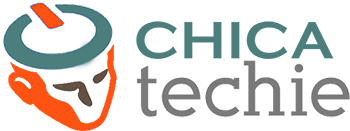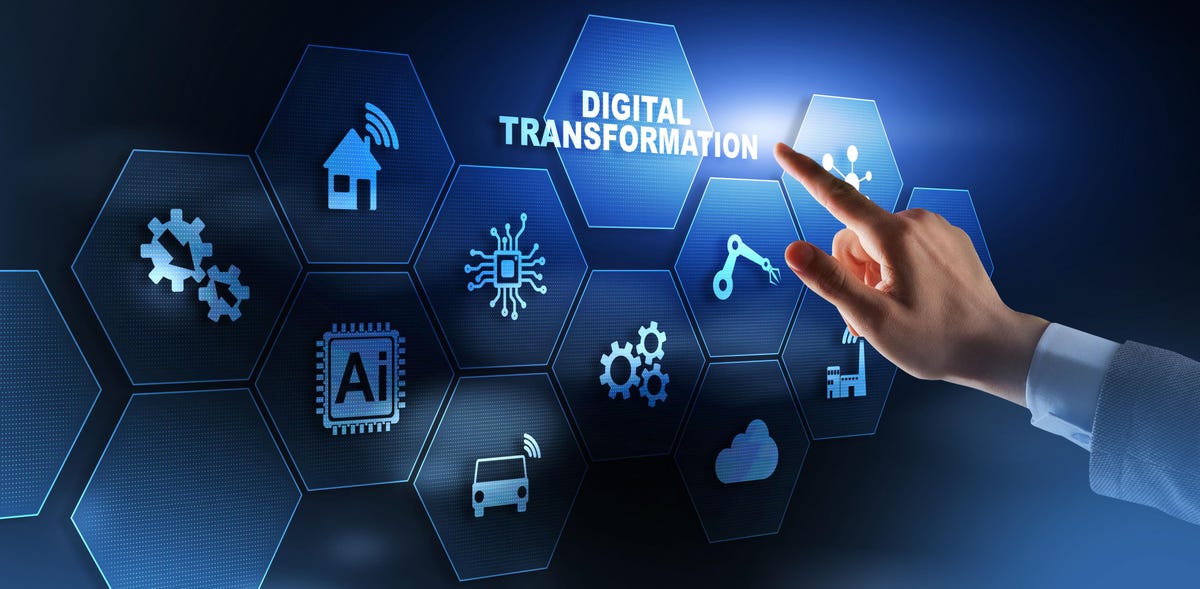How can digital help accelerate political transformation?
Introduction:
The growing use of the internet and the impact of technology in various fields of life have changed the world vigorously. These impacts have created awareness for cyberspace and have transformed society, industries, and politics at the state level and publicly. In politics, the use of technology has reshaped how people participate in political campaigns and use their right of voting. The role of technology in political transformation can’t be ignored. This article explores the new ways and emerging trends of technology and gives awareness of how to utilize all these strategies for influential politics.
New ways and emerging trends of technology in politics:
- Technology in politics:
When it comes to the political panorama, using technology for the best possible outcome is not new. US history is full of politicians who successfully used digital organizing tools and tactics, such as social media platforms, digital marketing, Instagram, tweets, and other news blogs, to show their presence continually. Franklin D. Roosevelt was the first politician who used technology to win voters’ hearts. Similarly, Ronald Reagan used satellite technology to record videos relating to fundraising movements. More importantly, one of the famous elected presidents of US history who broke the record of popularity and was elected two times as a president, Barak Obama, too got success by using the technology.
- New ways and emerging trends:
Using the internet for massive campaigns was the best strategy adopted by Obama to increase the ratio of his voters. The theme of his campaign built the movement for Obama for America (OFA), a massive grassroots organization of volunteers and donors. Instead, Obama did not rely on OFA’s initial theme; he updated this concept after getting the presidential notion to awaken the joint man’s support for Obama’s judicial initiatives. Another strategy, relating to black and white liberals assembled at one place increased the popularity of Obama and won him the Democratic nomination as well. He mainly focused on the youngsters to change their vision and mindsets. Obama used technology to interact with people personally through emails, tweets, even posting his images that talked about upcoming speeches and political movements and his presence at a specific place during the electoral movement in 2012. This political transformation helped him massively to be elected as the president of the United States.
Using a mobile app for volunteers is another best opportunity for politicians to strengthen their existence.
These strategies allowed Barack Obama to win the 2008 election by 52.80% votes and by 51.07% votes in 2012. His influencing capabilities forced the people to get involved and remain updated with his political movements.
Strategies & influential politics:
- The Obama revolution:
The most crucial part of Obama’s success story started when he first announced creating a committee to adhere to him as the best possible option for president. The same day, a student created a Facebook group with the name “One million strong for Barack ”. Even though this man did not have any personal interaction with Barack Obama, this digital initiative proved to be a great step towards Obama’s popularity. It increased the ratio of his followers to more than 270,000 within a month. These group members discussed why they thought Obama would be best for president and how his agenda as a president can change America. These digital efforts increased the popularity of Obama and played a vital role in his success.
- Current strategies today:
There are many ways to use technology as a powerful tool. The most effective way is to collect data and use digital tools for political campaigns. The US election campaigns have many examples that have built a movement of voting and the publicity of political activities using digital and data. Barack Obama is one of the famous examples of the US presidential election in which he gained a large crowd of voters through online messaging, electoral targeting and use of digital to organize his movement.
Even though using technology strategies and data collection has played a crucial role, in the case of Obama, his efforts brought the capability of the local population to the forefront of national attention.
Collecting and analyzing demographics, information about hobbies, people’s choices, interests, and thinking abilities in a centralized system is a strong strategy. Tools like CRM help you collect supporters ‘ data from different sources to directly use this data.
The emerging concept of digital marketing is also a powerful tool for current politicians to publicize their trends and plans on a low budget and monitor the entire campaign without any hassle.
Conclusion:
No doubt, politics, and Digitization go hand in hand. And the above-mentioned scenario perfectly depicts this. Ask any twitter user a thing about politics and they’ll surely respond to you with their own two cents. We cannot deny the strong relationship between technology and politics. United States history showed the high success rate of politicians that used technology as an influencing strategy for their supporters. Some of these moves have been controversial, only because the internet and politics have been intermixed so much together that it’s hard to separate them.


Comments are closed.